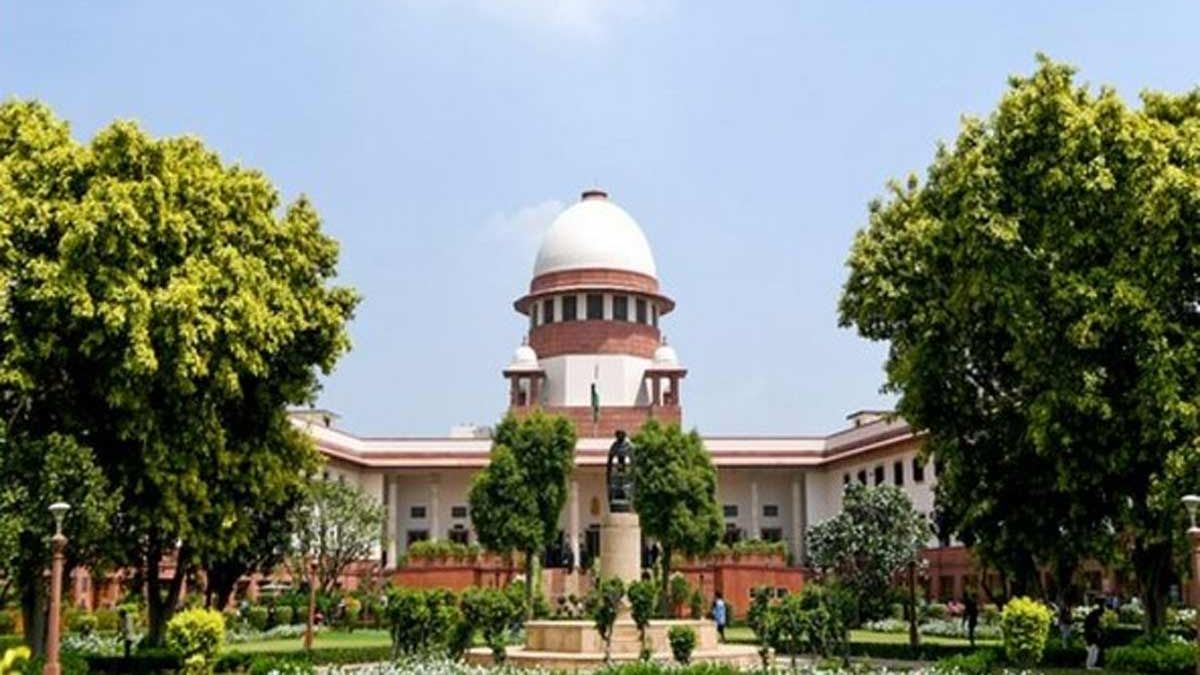J&K's wait for statehood continues as SC postpones plea to August 14

The Supreme Court will hear a petition on August 14 seeking the return of statehood to Jammu and Kashmir. The hearing was set earlier for today, but has now been postponed.
The case has been filed by Zahoor Ahmed Bhat and activist Khurshaid Ahmad Malik, who say the Centre has delayed fulfilling its promise to restore statehood.
They point to the Supreme Court’s ruling in December 2023, which upheld the removal of Article 370 and agreed to the division of the former state into two Union Territories: Jammu and Kashmir and Ladakh. At that time, the Centre assured the court that statehood would be restored “as soon as possible.”
How J&K lost statehood
On August 5, 2019, Parliament passed the Jammu and Kashmir Reorganisation Act, ending the region’s special status under Article 370 and splitting it into two Union Territories. Jammu and Kashmir was given a Legislative Assembly, while Ladakh was placed under direct central rule without one.
In 2023, the Centre told the Supreme Court that statehood would return after delimitation, redrawing of Assembly constituencies, and Assembly elections. The delimitation exercise finished in May 2022, increasing the number of Assembly seats from 83 to 90. The first Assembly elections since the 2019 changes were held in 2024, which brought to power a coalition of NC and Congress. Some independents have also supported the alliance.
Two power centres
Despite an elected government under Chief Minister Omar Abdullah, the real authority lies with the Lieutenant Governor of Jammu and Kashmir, Manoj Sinha. Abdullah finds himself at a disadvantage in making important decisions and coming good on the promises made in the elections.
Speculation adding to public unease
The case comes at a time when there is intense political speculation about the Centre’s next move on Jammu and Kashmir. Rumours suggest either the Centre would restore J&K’s statehood, or further divide the Union Territory to give statehood to Jammu and certain areas of south Kashmir—especially those in the Anantnag–Rajouri parliamentary constituency—while keeping the rest of the Valley as a Union Territory.
Such talk has caused concern in the Valley, with many fearing it could alter political boundaries in a way that completely disempowers Kashmir. Political parties and residents worry this could allow the BJP to govern Kashmir at will and introduce laws without the consent of the people.
The Supreme Court’s decision could finally decide whether Jammu and Kashmir regains its statehood after six years or continues under direct central control.
India